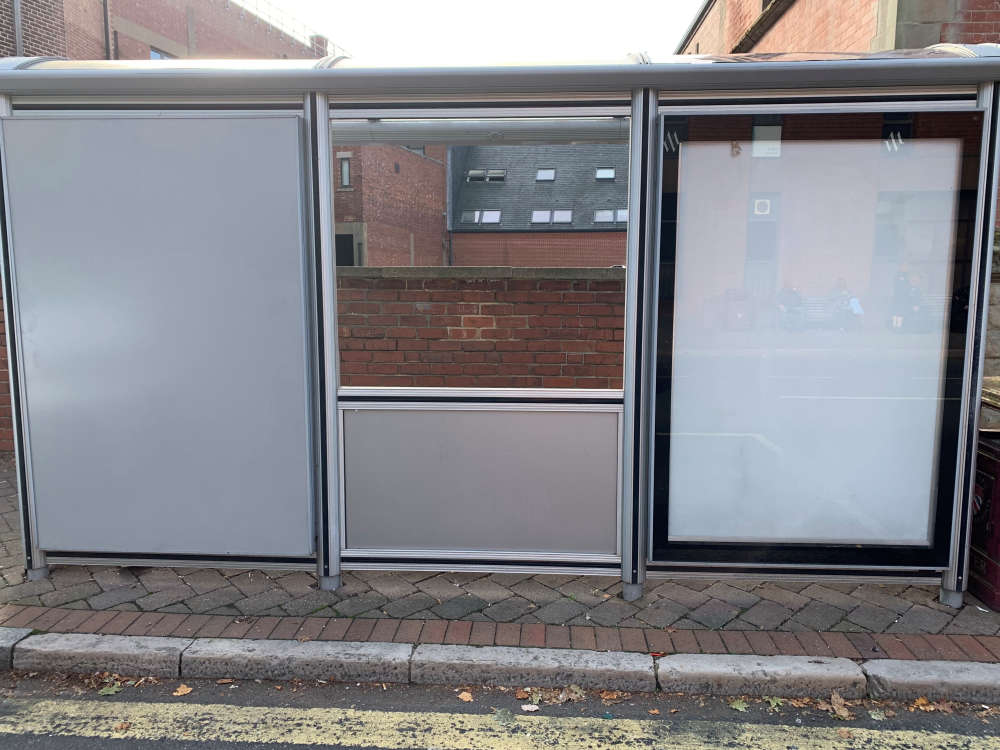
New research by the East Midlands Chamber has suggested that the proverbial brakes are being applied to job creation, sales and investment in the East Midlands as economic growth slows down.
Every indicator of economic activity recorded a drop between the third and fourth quarters of 2021 in East Midlands Chambers Quarterly Economic Survey, while confidence was also down.
It was also the first time the State of the Economic Index which aggregates the various indicators to rate the regions economic health fell since the beginning of the pandemic, having grown consistently since Q2 2020.
Chris Hobson, director of policy and external affairs at East Midlands Chamber, said: The reading of our State of the Economy Index will be a disappointment for businesses and indicates an economy that continues to grow, but at a rate of pace that is slowing.
To put it another way, over the past few months, the brakes have started to be applied to parts of our economy.
When we dig a little deeper, we can see the reality for many businesses. They are having to contend with rising prices for raw materials and staffing, which is putting the squeeze on margins.
While many businesses spent much of 2021 trying to stave off passing these price rises on to support competitiveness, additional pressures at the end of the year, including increased energy costs, seem to have provided the proverbial straw to break the camels back.
East Midlands Chamber QES Q4 2021 data
Just under 400 businesses across Derbyshire, Leicestershire and Nottinghamshire took part in the survey between 1 and 22 November.
Key findings from the survey for the East Midlands included:
Uncertain end to unusual year
Chris added: Demand levels remain strong, but increasingly businesses are turning down opportunities in order to ensure they can honour existing commitments.
This time last year, 29% of respondents told us they were operating at full capacity this has now grown to 42%, meaning less headroom in the economy to take on new work.
Part of that restricted capacity story is about people. While 64% of businesses attempted to recruit, eight in 10 of those struggled to find the right skills, which in part explains the increased staffing costs as businesses seek to attract and retain the talent.
He suggested one path out of the economic slowdown is to invest in both machinery and training, growing productivity and adding to capacity levels, but renewed concerns around potential Covid-19 lockdown restrictions could dent the confidence among businesses to spend.
Looking ahead, Chris identifies high demand as a cause for optimism of a prosperous new year provided restrictions to tackle to Omicron variant arent tightened further.
He added: If businesses can be given the confidence to invest, if policy can support recruitment and if the global surge in activity starts to level out so supply chains can find their pattern, theres no reason why the pace of growth wont pick up again in 2022, and in conversations with businesses, they believe many of these things will happen the current pressures are only temporary readjustments and will be resolved at some point next year.

 Witness appeal after assault in Long Eaton
Witness appeal after assault in Long Eaton
 Warning to check notes as reports of counterfeit cash in Derbyshire
Warning to check notes as reports of counterfeit cash in Derbyshire
 Spruce up for bus shelters in Erewash
Spruce up for bus shelters in Erewash




